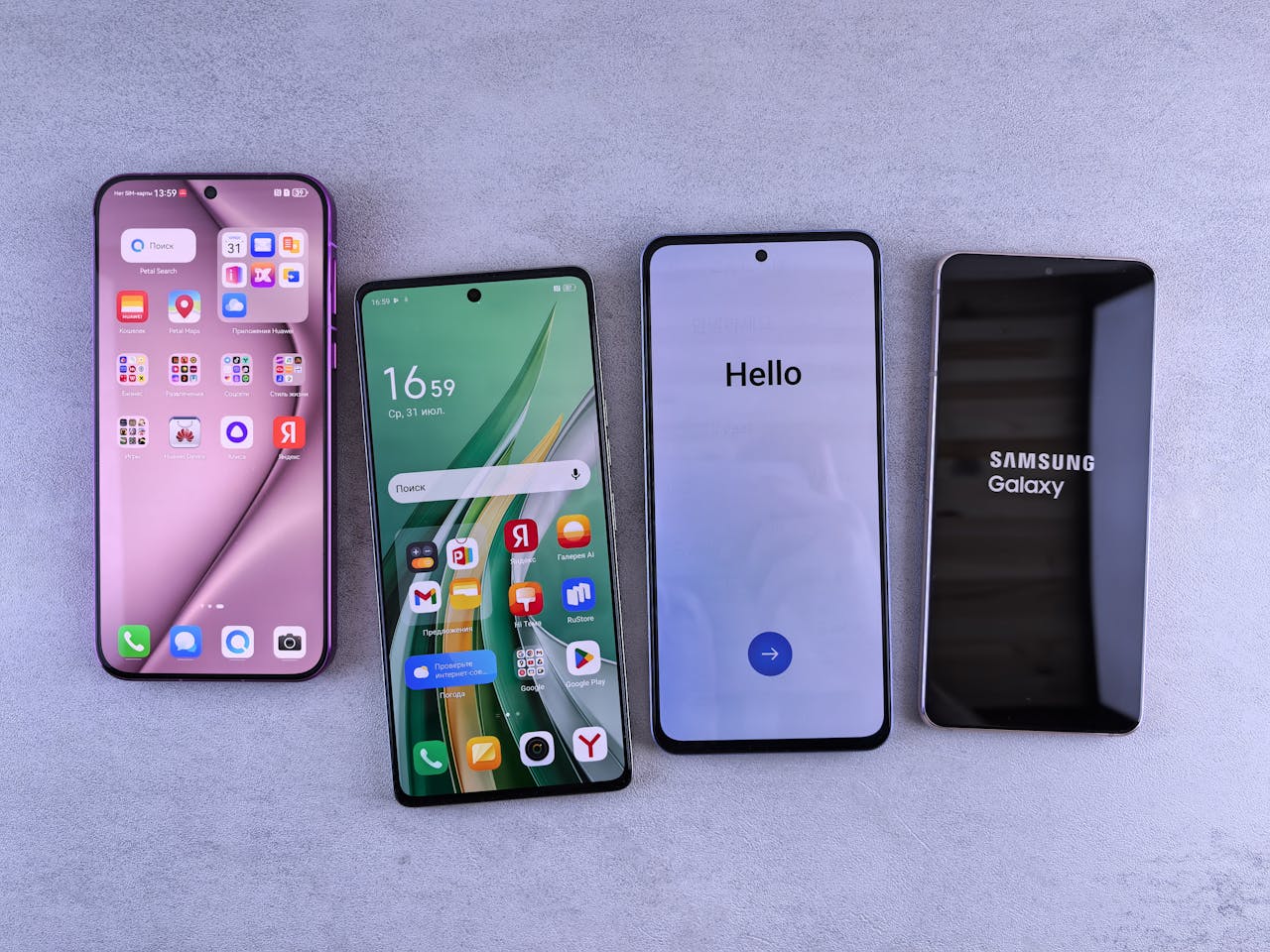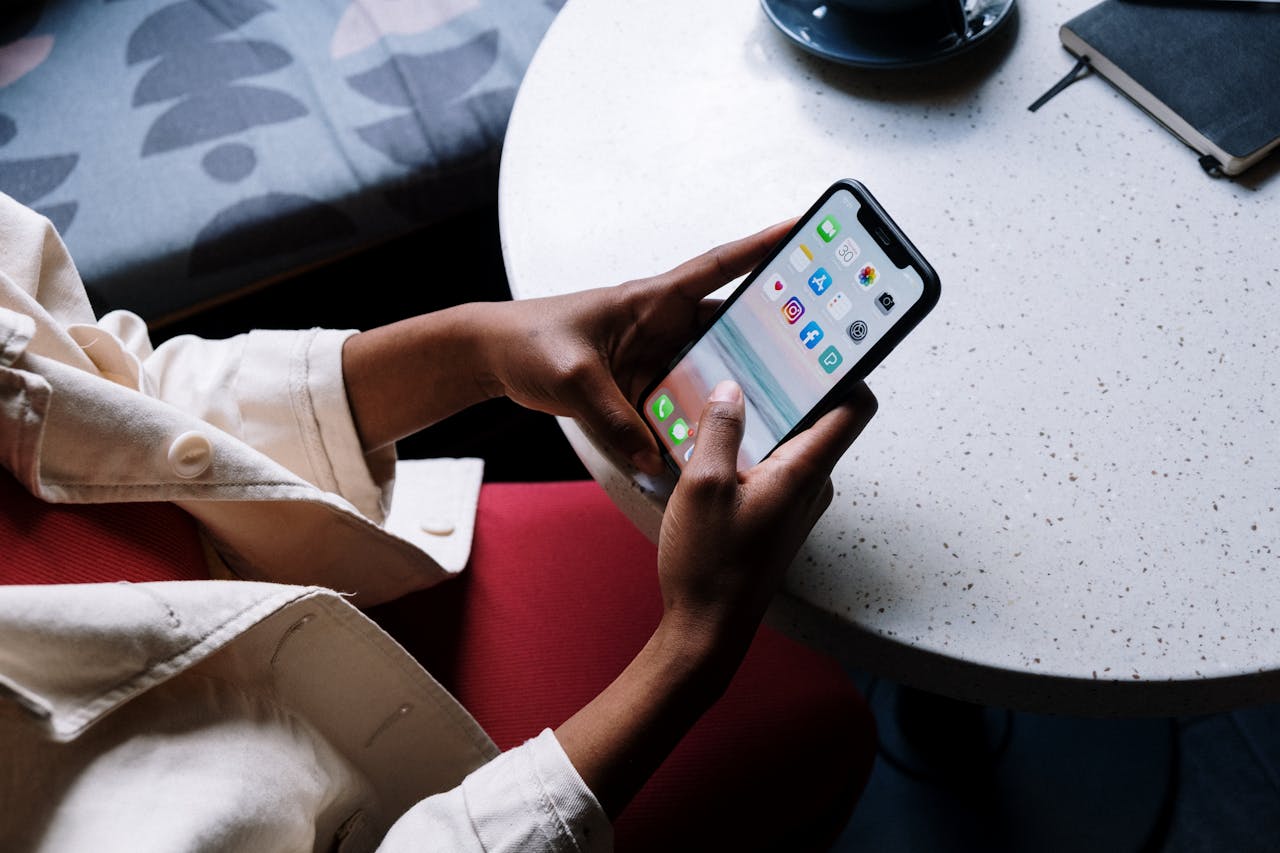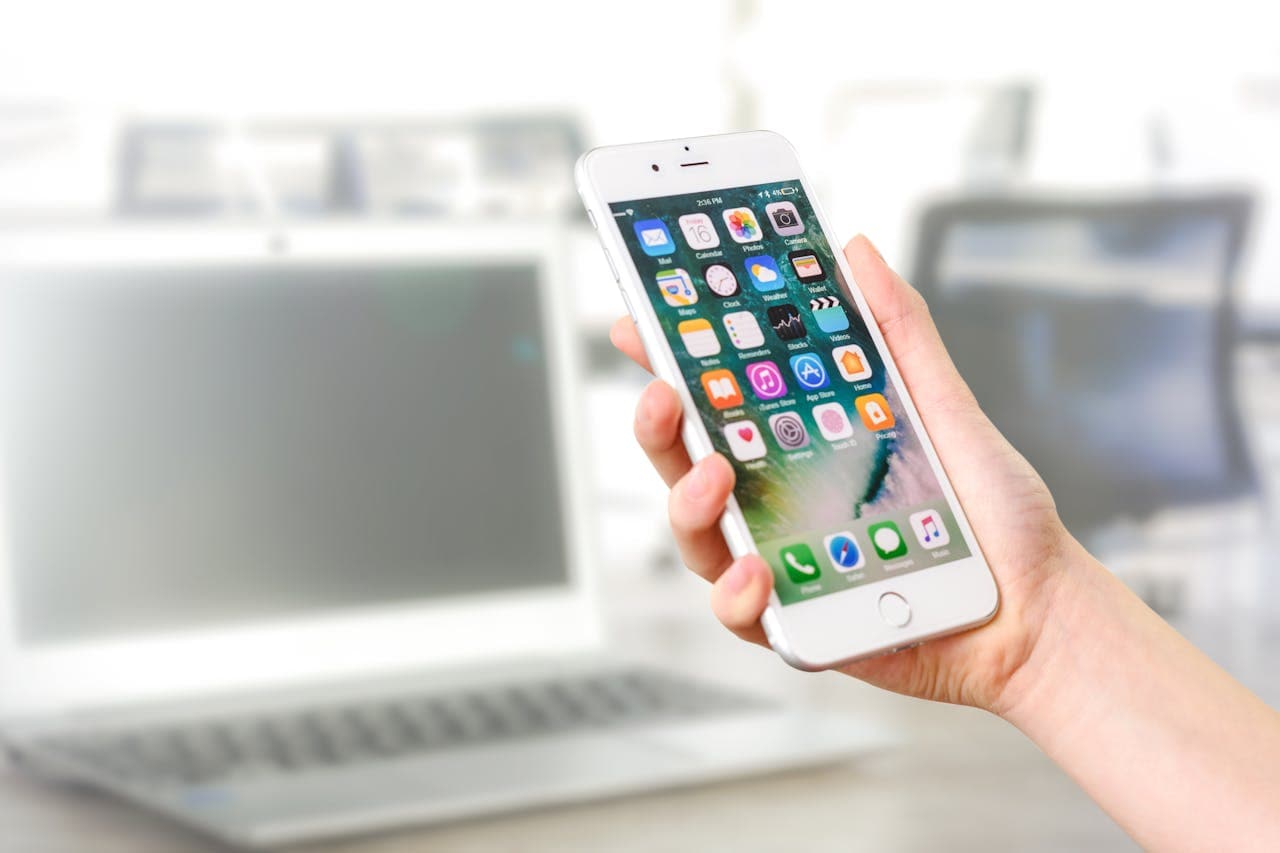Android Vs iOS: Choosing The Smartphone That Truly Fits Your Life
Confused between Android and iOS? Discover the real-life pros and cons of each and find out which one matches your needs, lifestyle, and priorities the best in 2025.

Android Vs iOS: Which Mobile OS Is Right For You
Choosing a new smartphone today isn't just about design or price; it's about choosing an ecosystem you'll live in every day. Android and iOS are more than just operating systems; they're extensions of how we work, play, and connect. With each update, both platforms get more alike, yet subtly different in ways that shape our tech lives. This blog isn't just a comparison. It's a practical guide to help you decide: are you an Android loyalist or an iOS enthusiast? Or are you someone who just wants a device that works seamlessly with your lifestyle?
Customisation Vs Simplicity: What Matters More?
Android is well known for its customisation. From changing icons and widgets to modifying entire interfaces, Android allows users to build their phone experience from the ground up. If you're someone who loves control and flexibility, Android is more your style.
iOS, on the other hand, favours a streamlined and consistent experience. Apple prioritises simplicity and ease of use. The layout and experience remain intuitive, especially for those who prefer not to tweak settings often. If you enjoy technology that just works, without too much fine-tuning, iOS delivers.
App Experience And Updates
Both Android and iOS support nearly every major app, but their approach differs. Apple's App Store is highly curated, offering secure and optimised apps with stricter quality controls. iOS apps often debut with more polish and stability due to a unified hardware and software environment.
Android, in contrast, allows broader experimentation. You'll find more indie apps, beta versions, and unconventional features. However, the vast diversity in devices can sometimes lead to inconsistent performance and delayed updates, unless you're using a flagship phone.
Also Read: Samsung Galaxy S24 Ultra: Great Camera, Big Battery And Now, Buy With A Huge Discount
Device Variety And Price Range
One of Android's biggest advantages is variety. From budget-friendly smartphones to high-end flagships, Android offers an extensive range of options from multiple brands. Whether you're a student looking for value or a professional wanting premium features, Android has a fit for every pocket.
iPhones, however, come in fewer models, with less pricing flexibility. Apple typically offers a limited selection of devices, all positioned in the premium segment. That said, older iPhone models often remain available at reduced prices, giving buyers an entry point into the Apple ecosystem.
Ecosystem Compatibility And Integration
Apple's ecosystem is one of the most tightly integrated tech experiences available. If you own a MacBook, iPad, Apple Watch or even AirPods, using an iPhone makes everything smoother, calls, messages, clipboard, files and continuity between devices all sync perfectly.
Android also offers ecosystem features, especially when paired with devices from the same brand (like Samsung or Google). However, the experience is usually not as uniform across different manufacturers. Android shines more when you prefer mixing brands and don't want to be locked into one company's ecosystem.
Privacy And Security
iOS has long marketed itself on privacy. Apple doesn't rely on advertising revenue like Google, and this has allowed it to adopt user-first policies. Features like App Tracking Transparency and limited data collection stand out for privacy-conscious users.
Android offers more openness, but with that comes more responsibility. Google does implement robust security, but since Android is used by many manufacturers, the consistency of software patches and update frequency varies. Android users should stay proactive about security.
Voice Assistants And AI Capabilities
Google Assistant is arguably the most powerful voice assistant on mobile. It offers smarter replies, better integration with Google services, and broader functionality. If you use Gmail, Google Maps, or YouTube often, Android leverages those better with Assistant.
Siri, while secure and improving steadily, still falls behind in AI intuitiveness. It works well within Apple's ecosystem but doesn't quite match Google's predictive capabilities. If smart voice interaction is a priority, Android leads here.
Also Read: Best Wired Earphones: Boult, BoAt To JBL, These Budget Picks Will Be Music To Your Ears
Gaming And Performance
Apple's chipsets are performance powerhouses, and iPhones often outperform Android phones in benchmark tests. This makes them great for gaming and heavy multitasking. With better optimisation between hardware and software, iPhones deliver long-term performance without lag.
That said, Android phones, especially high-end ones, are catching up fast. With gaming-specific models and advanced cooling technologies, Android now offers serious competition in mobile gaming, too.
Battery Life And Charging
Many Android devices offer larger batteries, faster charging (wired and wireless), and even reverse charging capabilities. USB-C charging, common in Android devices, also provides convenience and compatibility.
iPhones, although improving, still lag behind in fast charging speeds and battery size. However, they tend to optimise battery life well through software efficiency.
Which Should You Choose?
If you want flexibility, affordable options, and deeper integration with Google services, Android is your go-to. It's ideal for users who enjoy tech tinkering and want more choice.
If you prioritise long-term performance, better software updates, tighter security, and already use Apple devices, iOS is a safer bet. It's intuitive experience suits those who want everything to "just work".
Products Related To This Article
1. Apple iPhone 13 (Starlight, 128 GB)
2. Apple iPhone 16 (Black, 128 GB)
3. Motorola g45 5G (Brilliant Green, 128 GB)
4. MOTOROLA Edge 60 Pro
5. SAMSUNG Galaxy F05 (Twilight Blue, 64 GB)
6. SAMSUNG Galaxy A35 5G (Awesome Iceblue, 128 GB)
7. vivo T4x 5G (Pronto Purple, 128 GB)
8. vivo T4 5G (Phantom Grey, 128 GB)
9. realme P3x 5G (Lunar Silver, 128 GB)
10. realme P3 5G (Space Silver, 128 GB)
Frequently Asked Questions (FAQs)
Q1. Which Is More Secure, Android Or iOS?
iOS is generally more secure due to Apple's strict app vetting and closed-source nature, but Android security is strong if kept updated and used responsibly.
Q2. Can I Switch Easily Between Android And iOS?
Yes, but transferring data like messages, contacts, and apps might require specific tools or steps. Several apps are available to assist in migration.
Q3. Which Platform Offers Better Battery Life?
It depends on the device. Android phones often come with larger batteries and faster charging, while iPhones rely on software optimisation.
Q4. Is App Availability The Same On Both Platforms?
Most major apps are available on both. However, iOS often gets polished versions first, while Android has a wider variety of experimental or niche apps.
Q5. Which System Gets Updates Faster?
iPhones receive updates immediately on launch. Android updates are staggered depending on the manufacturer, unless you're using a Pixel device.
There is no one-size-fits-all winner in the Android vs iOS debate. It all comes down to what you value more: freedom or simplicity, variety or uniformity, innovation or optimisation. Take into account your usage, budget, and future tech goals when making your decision. Whether you're a creative professional, student, or business user, understanding the strengths and weaknesses of both platforms helps you invest wisely. Choose the OS that enhances, not complicates, your digital life. After all, the best phone isn't the one with the most features, but the one that fits seamlessly into your world.
Disclaimer: The images used in this article are for illustration purpose only. They may not be an exact representation of the products, categories and brands listed in this article.
















